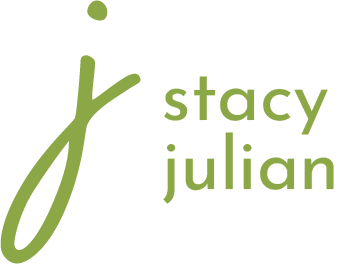Language & Learning
I’ve been thinking a lot about learning and specifically about learning NEW things. In this episode I explore what I’ve learned about learning from my experience learning the German language. Let’s see if what I’ve observed is applicable to the things you’ve earned through your effort, commitment and practice—and then let’s go out and pay more attention to people around us. Everyone, to a degree has some specialized knowledge or abilities and this is a remarkable aspect of modern society and one that collectively blesses our lives. What have you learned that allows you to contribute to others AND more importantly, what will do you want to learn next? What are the first steps you can take?
Just for fun … Here are the words to this tongue twister: Heut' kommt der Hans zu mir, freut sich die Lies. Ob er aber über Oberammergau, oder aber über Unterammergau, oder aber überhaupt nicht kommt, ist nicht gewiß! Translation: Hans is coming to visit today, but whether he comes through Oberammergau or whether he comes through Unterammergau, or whether he is coming at all is not certain.
p.s. How cool is it that you can find (almost) anything on YouTube! Thanks to the Bayersoier Musikanten for this rendition!
As a review, here are the 8 observations I’ve made about my experience learning the German language.
You must invest time and practice.
The more you immerse yourself into the culture of your domain, the better.
Eventually—with patience, your thoughts actually change. It’s like you rewire your brain and how it sees and accesses what you’re learning.
With proficiency, you begin to not only understand the new language or domain, you acquire the ability to be playful and to understand subtlety.
New meaning and insights are exclusively available to those who commit to the process of learning—these insights are simply NOT available to those outside of the domain.
You’ll find that there are aspects of your acquired knowledge that simply don’t translate to other “languages”!
At some point we all believe that what we have earned will always be ours. This is not true. Ability and proficiency are unstable and temporary.
When you stop developing and progressing, you start losing ground.
I’d LOVE to hear from you.
What have you worked hard to earn or learn that has blessed your life and what do you yet desire to learn and become proficient in? What steps will you take to make this happen?
LEARN more about Ali Edward’s December Daily HERE.
Photo of books by Kimberly Farmer on Unsplash
